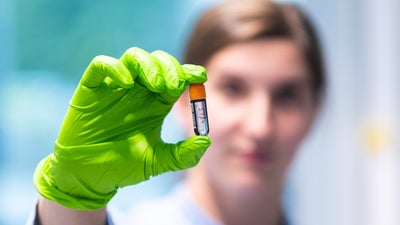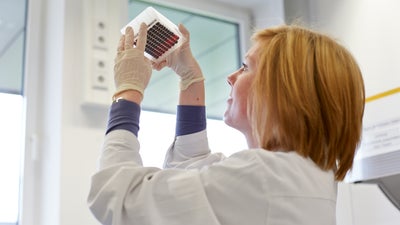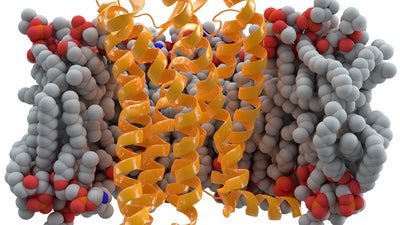Leukemia Insights, Types, and Symptoms
Leukemia is a type of blood cancer that affects blood cells in your bone marrow – usually white blood cells.
Chronic myeloid leukemia (CML) – Characteristics and symptoms
Explore Clinical Presentation of Chronic Myeloid Leukemia: A chronic hematopoietic disorder caused by abnormalities in myeloid precursor cells due to abnormal chromosomal rearrangements and genetic changes. Critical monitoring is essential to follow the progression of the disease course. Targeted therapy like tyrosine kinase inhibitors can be critical to regulate disease control. Understand symptoms across phases and look out for early detection and treatment under medical supervision.
There are three phases of chronic myeloid leukemia:
- Chronic phase
- Blast crisis
- Accelerated phase
Fortunately, in most cases, the disease is diagnosed during the first stage, when the symptoms are still minor. However, sometimes the leukemia is detected in its advanced phase when it progresses rapidly.
Acute Myeloid Leukemia (AML): The Unveiling of Characteristics and Symptoms
AML is a type of leukemia that affects the bone marrow. It is fast and aggressive, and its symptoms include bone pain, hemorrhagic disorders, and recurrent infections. Early detection is crucial for identifying AML patients. Learning about the signs of AML can help with early detection. There are various treatment options for AML, including chemotherapy, targeted therapy, and stem cell transplant. Staying updated on the latest research on AML can help patients and healthcare providers make informed decisions about treatment.
Chronic Lymphocytic Leukemia (CLL): Symptoms and Traits
Chronic Lymphocytic Leukemia (CLL), the most common blood cancer in adults with varying degrees of severity. Discover the causes, genetic factors, and common symptoms of this disease, such as painless swelling of the lymph nodes, unexplained weight loss, and abnormalities in the blood. Learn about the latest advancements in treatment approaches for CLL, which combine targeted therapy and chemotherapy to provide improved outcomes for patients with CLL.
Acute Lymphoblastic Leukemia (ALL): Understanding Characteristics and Symptoms
Acute Lymphoblastic Leukemia is a rapidly developing disease that mainly targets children. Discover its genetic origins and sympathies, which cause blood clotting irregularities and persistent infections. Recognize the significance of identifying early warning signs and investigate the available treatment options for ALL. Also, learn about the latest therapeutic approaches for refractory or relapsed ALL, including CAR-T cell therapy and immunotherapies.
The most significant symptoms that may indicate the disease include:
- Blood clotting abnormalities, shown by easy bruising or small reddish spots on the skin, along with blood in urine and stubborn gum and nosebleeds.
- Pain in muscles and joints (especially in the limbs) and frequent limb numbness.
- Fever and night sweats.
- Anemia caused by red blood cell deficiency. The presence of anemia may cause a feeling of permanent fatigue, decreased ability to exercise, lethargy and sleepiness, as well as pale skin.
- Despite antibiotics, infections keep coming back because cancer cells weaken the body's defenses, making it easier for viruses, bacteria, and fungi to cause illness.
- Loss of appetite and weight loss.
- Enlarged lymph nodes.
- Stomach pains caused by spleen and/or liver enlargement.
Understanding Acute Lymphoblastic Leukemia (ALL): Characteristics and Symptoms
Childhood leukemia is a type of cancer that affects children. ALL is the most common form of childhood leukemia. It is important to understand the genetic origins of this disease and the symptoms associated with it, which can include muscle and joint pain and recurrent infections. Early recognition of the signs of ALL is crucial for successful treatment. There are support and assistance programs available for children and families affected by ALL, including pediatric oncology programs and psychological services. It's important to be well-informed about the resources available to help cope with this condition.
Join our community and make a difference in the lives of those affected by leukemia. Your registration could provide hope and support to patients in need.


